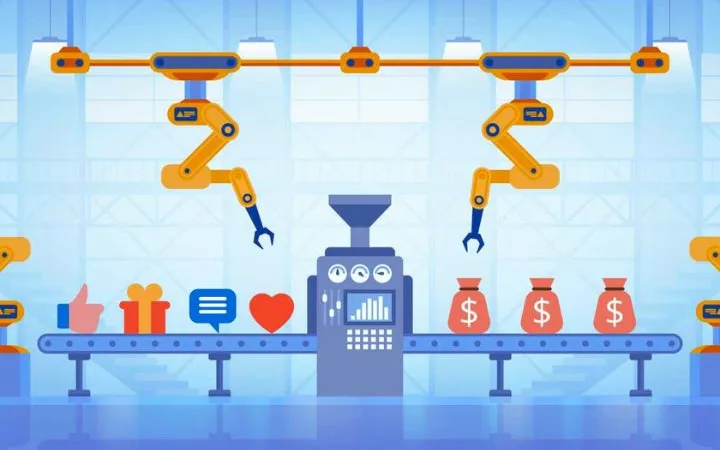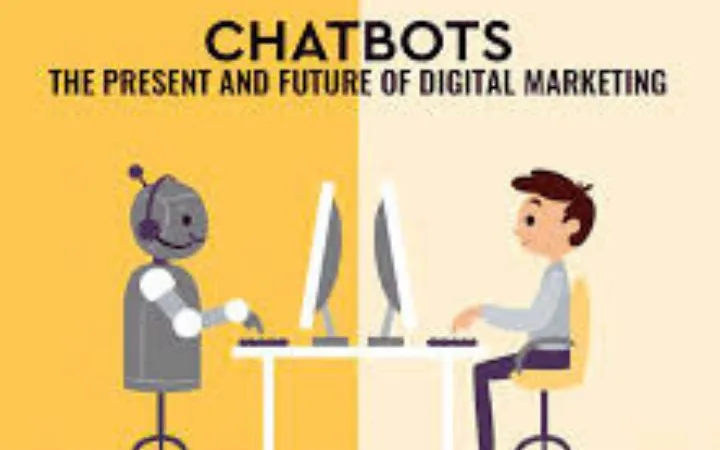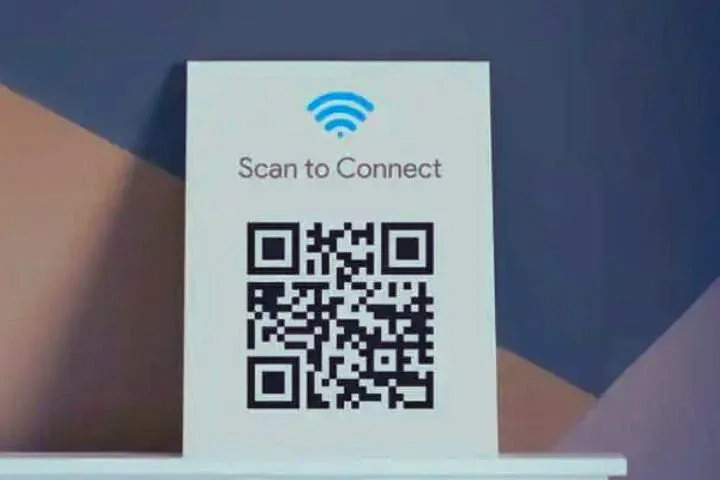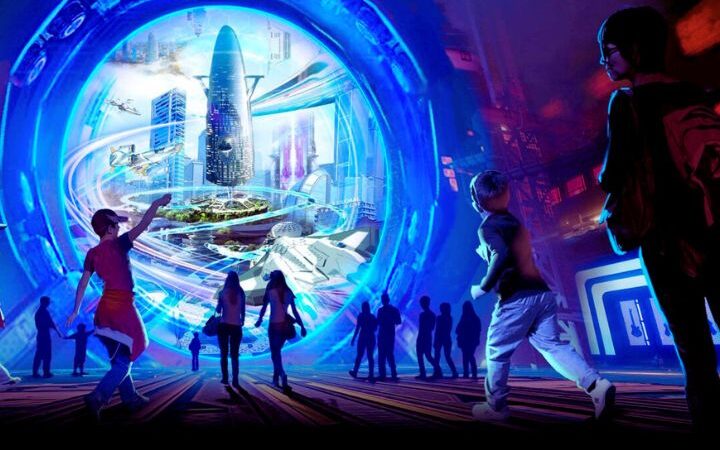How Artificial Intelligence Changed Your Business
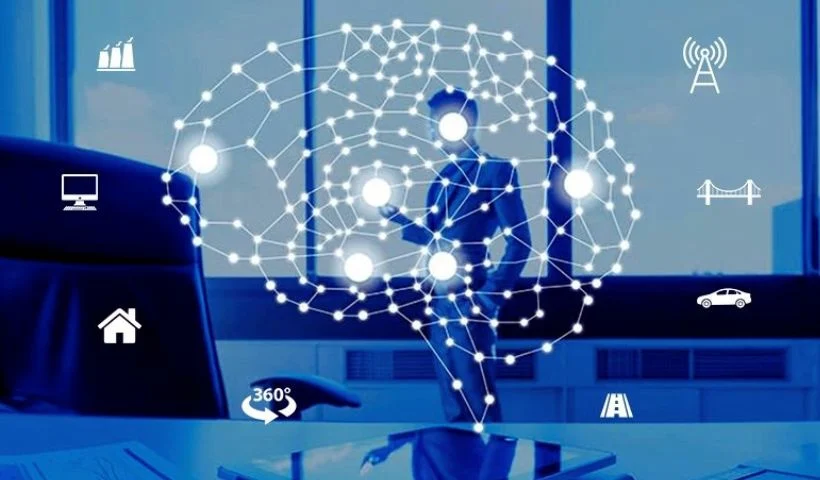
How Artificial Intelligence Changed Your Business : There is a crystal ball. Or, at least, there are those who seem to have it to anticipate the vertiginous changes that our society is experiencing. One of the oracles of the 21st century is Raymond Kurzweil (1948). He is an American inventor, musician, entrepreneur, writer, and scientist specializing in computer systems and artificial intelligence (AI). But if he has stood out for something in the last twenty years, it is because of his ability to anticipate the changes that have finally been taking place and that he had predicted. He is a scientific futurologist of the stature of Alvin Toffler in the field of sociology. You can see how artificial intelligence changed your business.
His predictions about the future change that will impact our lives are based on four central axes that we take as a reference and, true to the style of this forum, we debate and expand by contrasting them with other contributions from experts in the field in order to obtain an overview of the state current AI.
But in addition, we are interested in what impact we believe AI will have on future leadership and if some influences are already being noticed in the styles that political and organizational leaders are having in their spheres of power.
Table of Contents
The Four Axes Are:
1.- That artificial intelligence will be able to create art equal to or better than human beings.
Computers are already capable of writing stories, composing music or painting pictures. It is only a matter of time before they do these things that humans do and with the same quality and precision.
2.- We will improve our language skills by connecting to the cloud.
Kurzweil points out something we don’t stop to think about: smartphones make us millions of times smarter than other humans just 20 years ago. What is the reason for this tremendous progress? It is the fabulous amount of data and calculations that they can process, also at great speed.
But the most surprising thing about his vision is that he is absolutely convinced that at some point (it is not yet possible to know when) there will not be a handheld device, but rather a chip placed in the neocortex of our brains that will connect us directly to the cloud. Because the fusion between our mind and AI is going to make us simply much more intelligent and capable. In other words, intelligence plus skills is a combination that has made homo sapiens different from all other species in the evolution of our planet.
3.- We will be able to experience stories as characters.
As virtual reality becomes more realistic and immersive (a term used for three-dimensional technology), it will add a new dimension to storytelling as we can put on a headset and experience life through the eyes of the protagonist. As simple as a narrator dictating the story to us while we experience what is happening within it.
4.- The dead will be resurrected as avatars.
People will not die but will become virtual reality characters. This will be achieved by incorporating the person’s data into the AI, such as photos, videos, and audio recordings, as well as letters, emails, invoices, or any other element that tells us about their personality.
In fact, this is not so far from current digital marketing and big data that manage consumer data about which you already know their tastes, trends, etc., being able to anticipate and influence their purchase decisions.
If we stop to analyze what is the vision of an organization like MIRI ( Machine Intelligence Research Institute ), which says that its main mission is “to carry out fundamental mathematical research to ensure that an artificial intelligence that is more intelligent than the human has a positive impact” , we begin to glimpse the changes that people will make to organize their lives, so that business or job opportunities can be easily identified, as well as other non-technical skills, saving a lot of time and effort in everything that can be perfectly planned, organize and perform the AI.
Every time a prediction is made that in 2030 we will be half human and half cybernetic, it shudders us to think that when only two decades ago predictions were made about the level of development of technology and its impact on society, it was difficult to do to the idea. We do not know how many years it will take to see the full effects, but what is certain is that we are living a good anticipation of it and that it will happen… it will happen.
They are likely to play an increasingly critical and intimate role in many aspects of our lives, yet the emergence of systems capable of independent reasoning and action raises serious questions about whose interests they are allowed to serve and whose boundaries they must not. be transferred in its creation and use.
Should intelligent systems enjoy independent rights and responsibilities, or are they simply the property of their owners, be they organizations or individuals?
When the space race began between the two superpowers of the time, an aerospace law also began to take shape. The same has happened with the environment and biodiversity. Will it be necessary to legislate on AI applications?
What Is The Role Of Leadership In The Face Of AI And The Ever-Faster Technological Revolution?
While information systems and robots can perform tasks like humans, there will still be an essential role for political and organizational leaders in decision-making, because decisions and actions in both the private and public spheres will remain belong to the human species, to a leader of flesh and blood.


